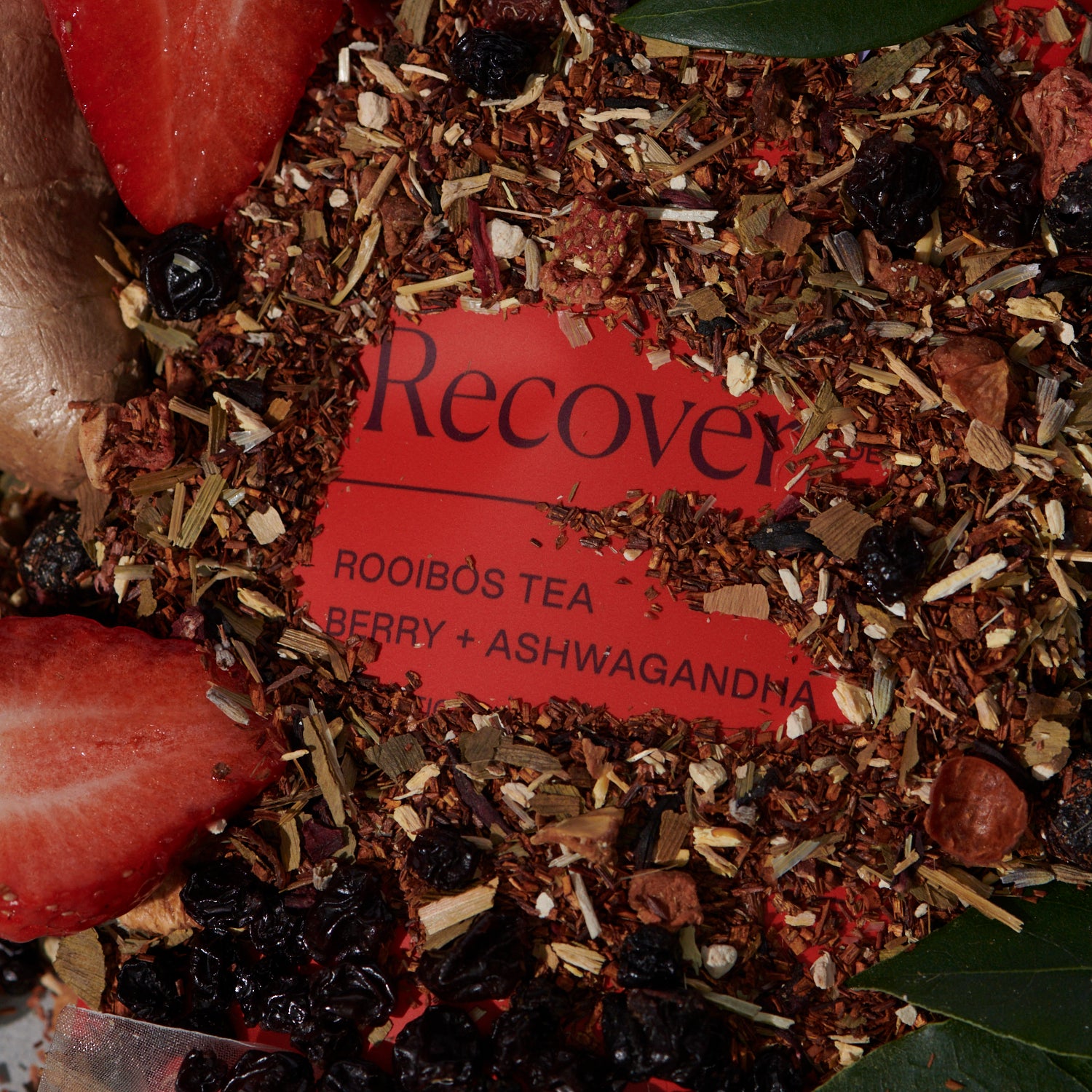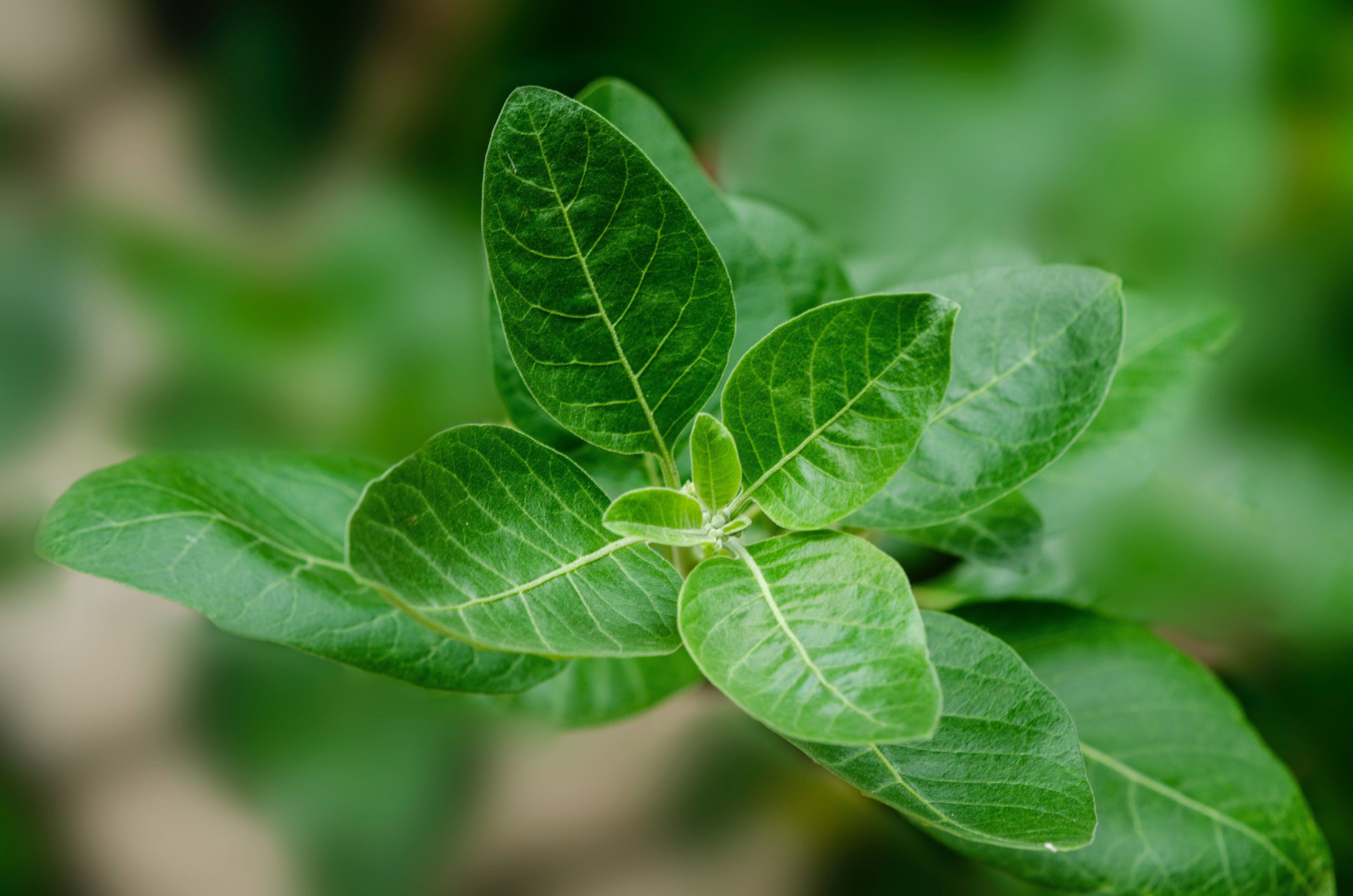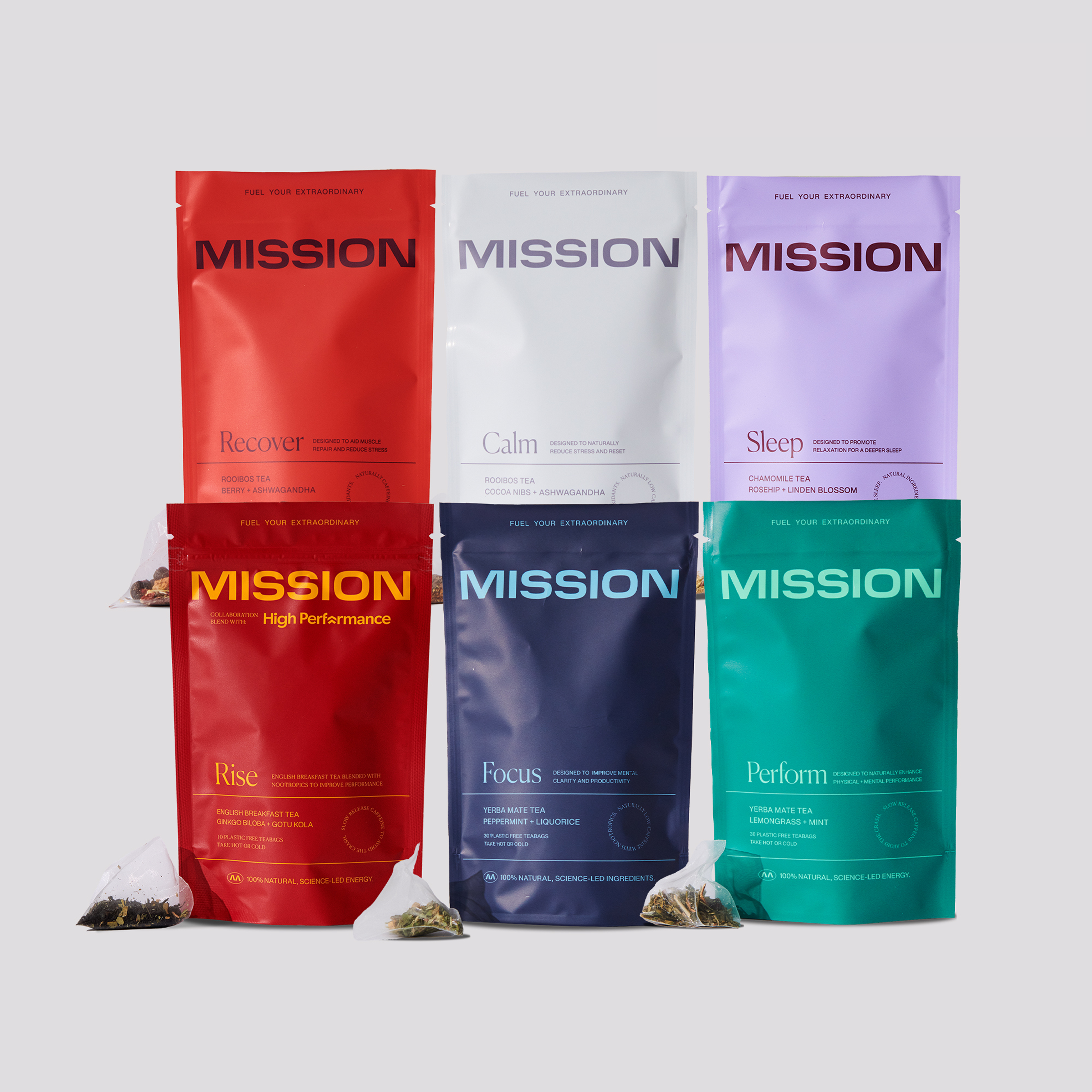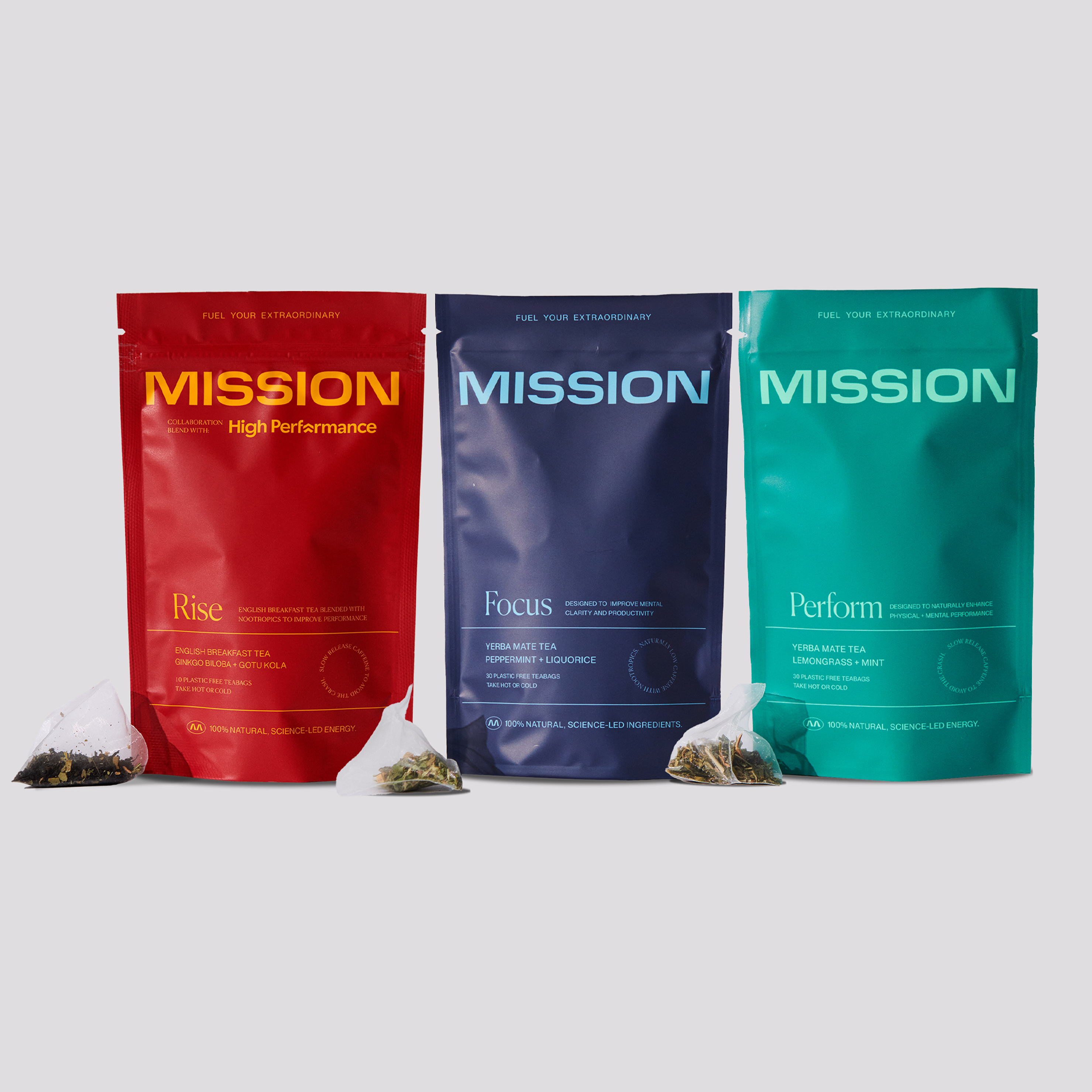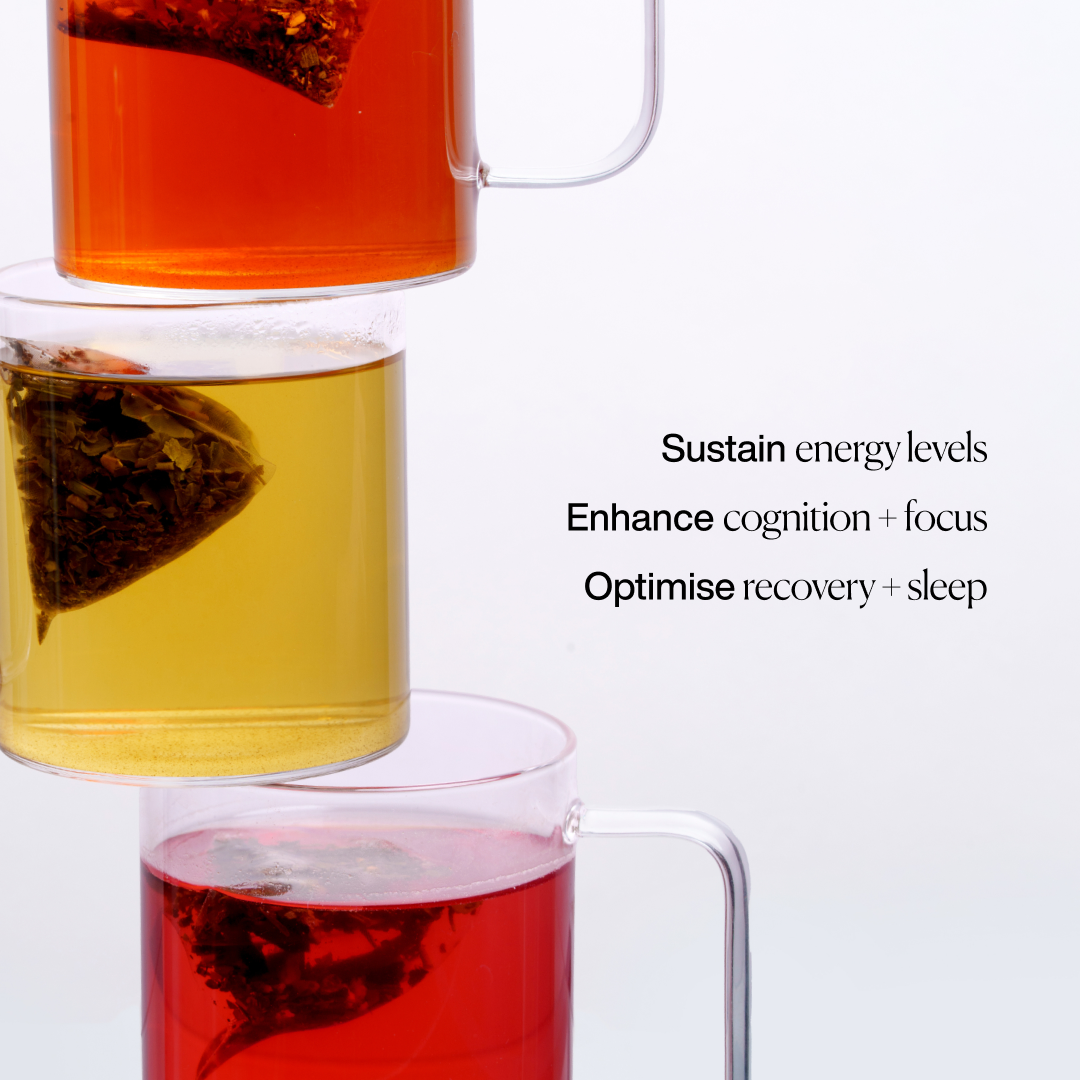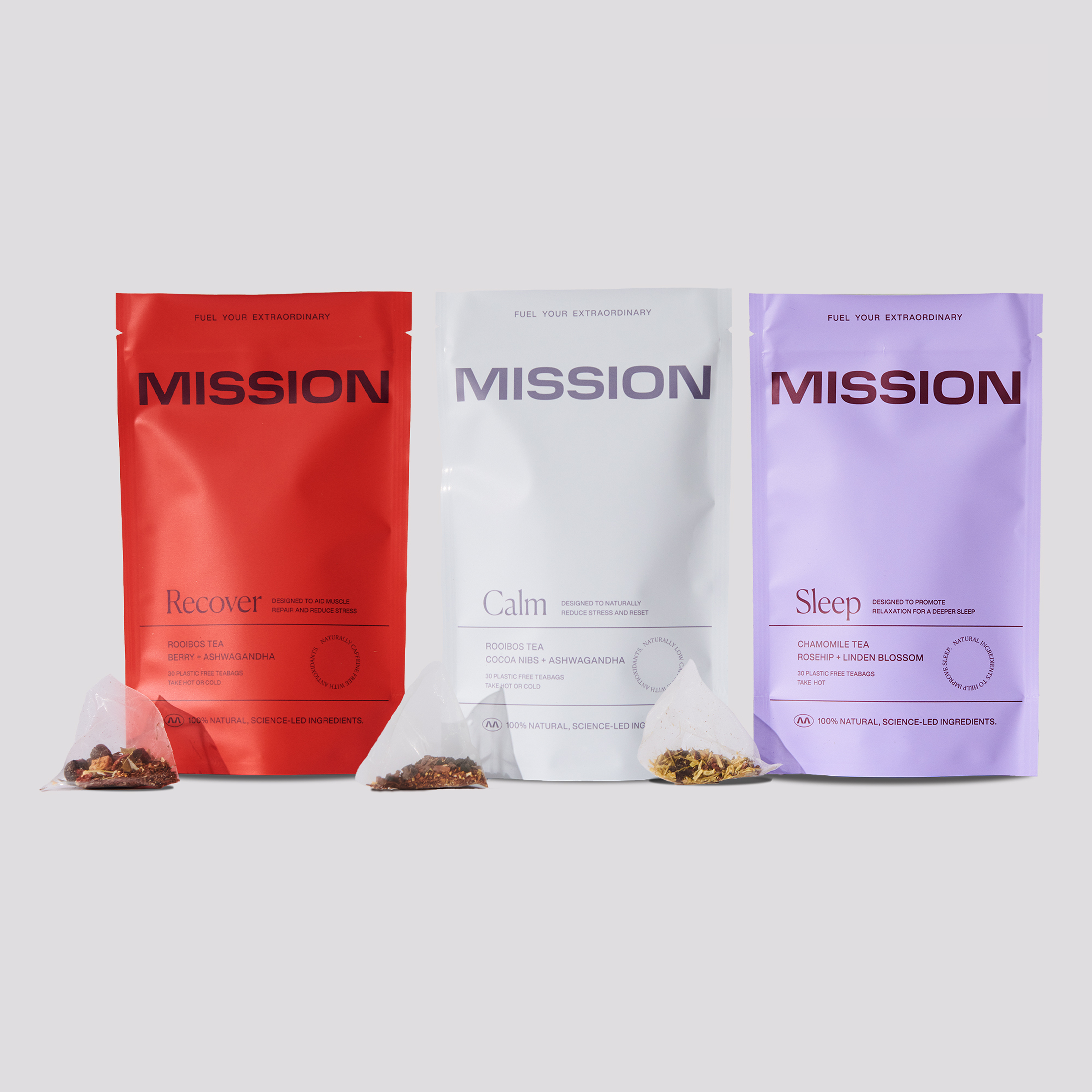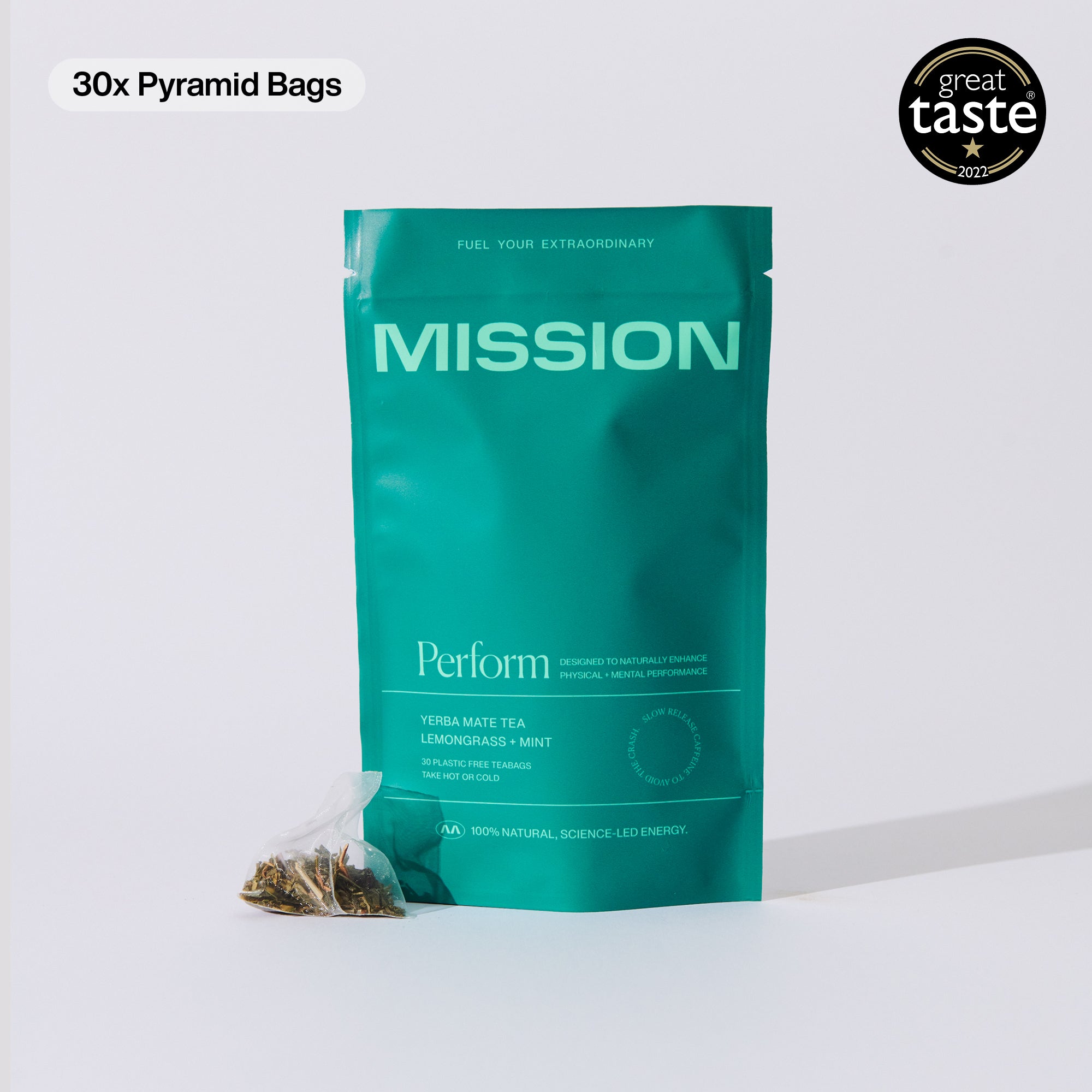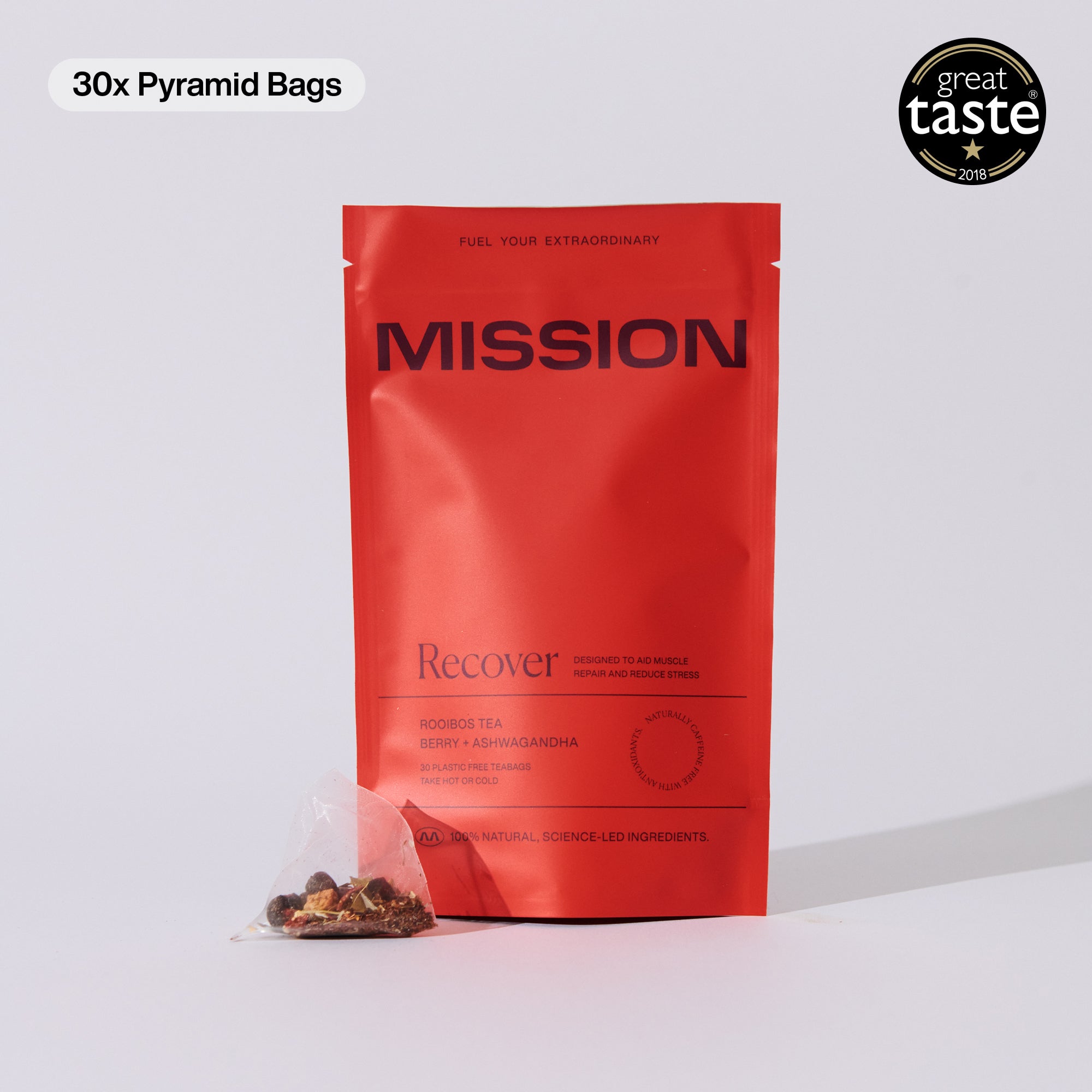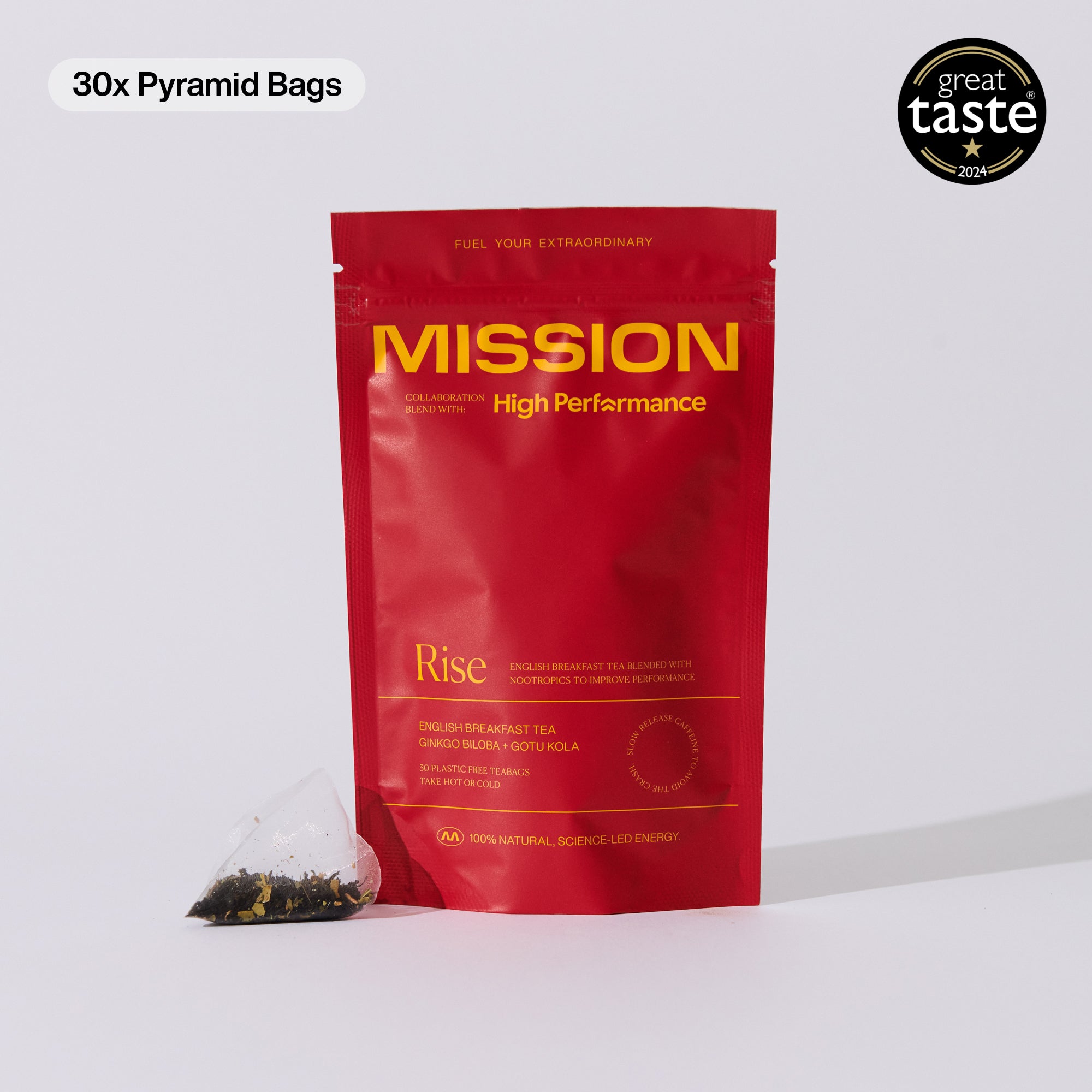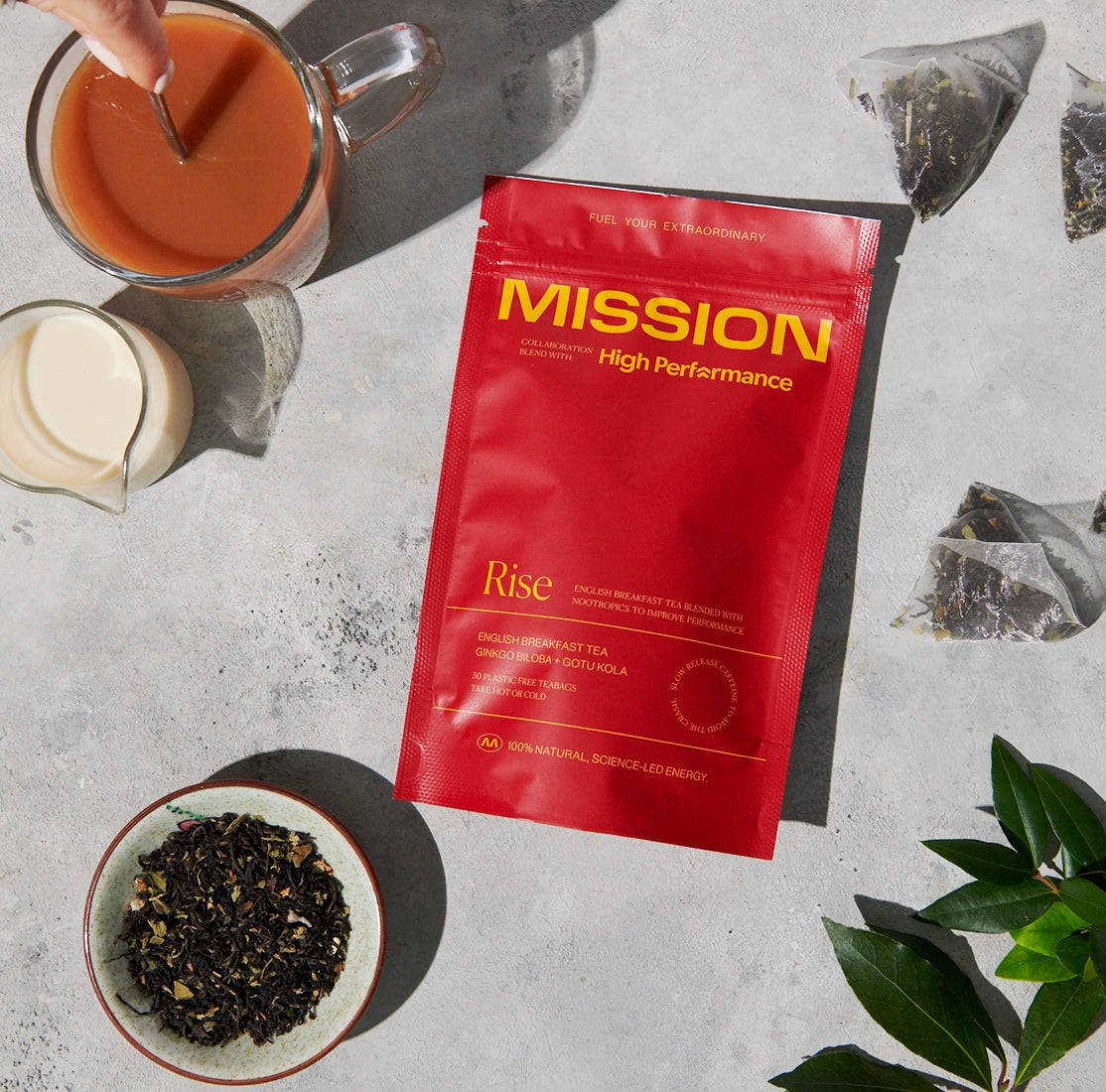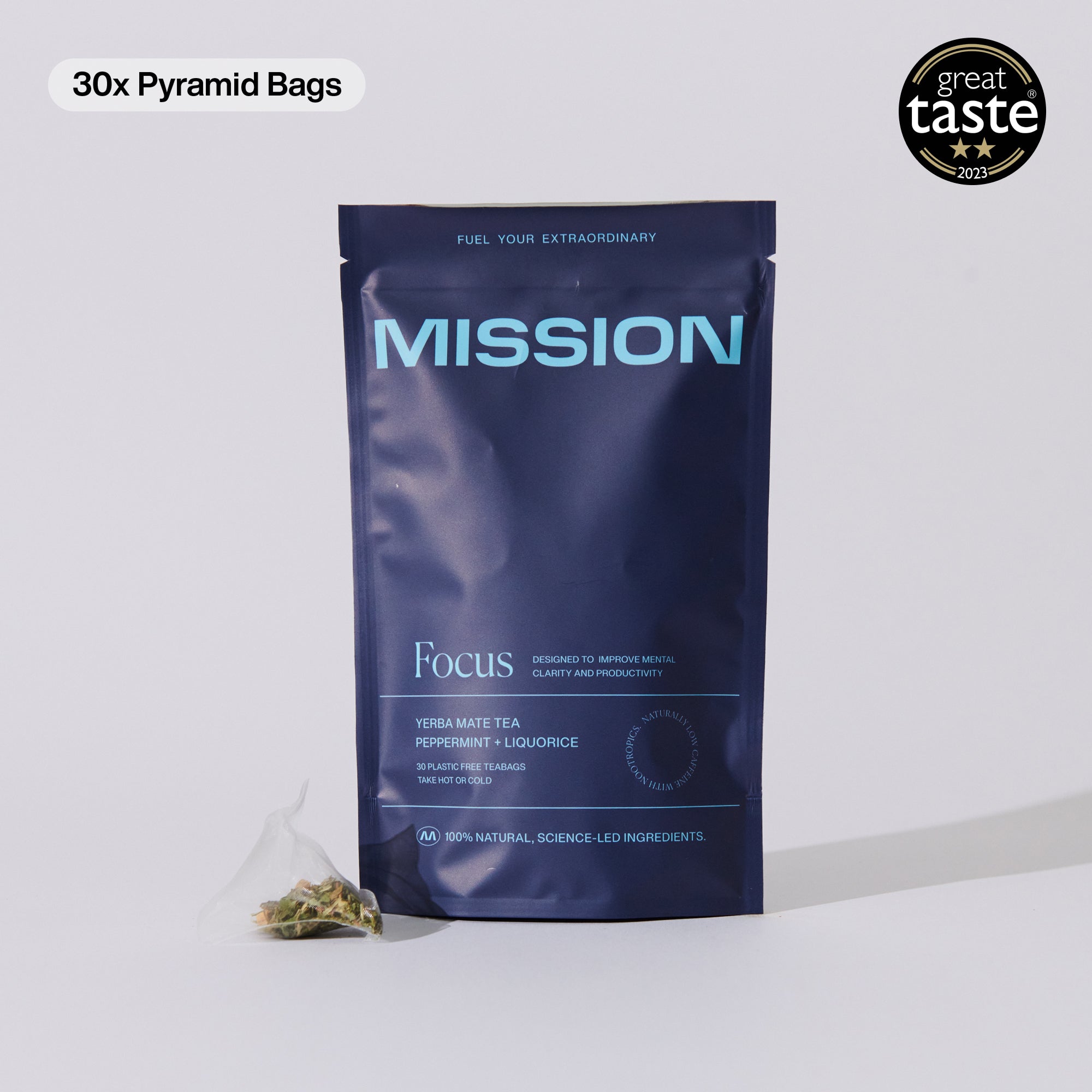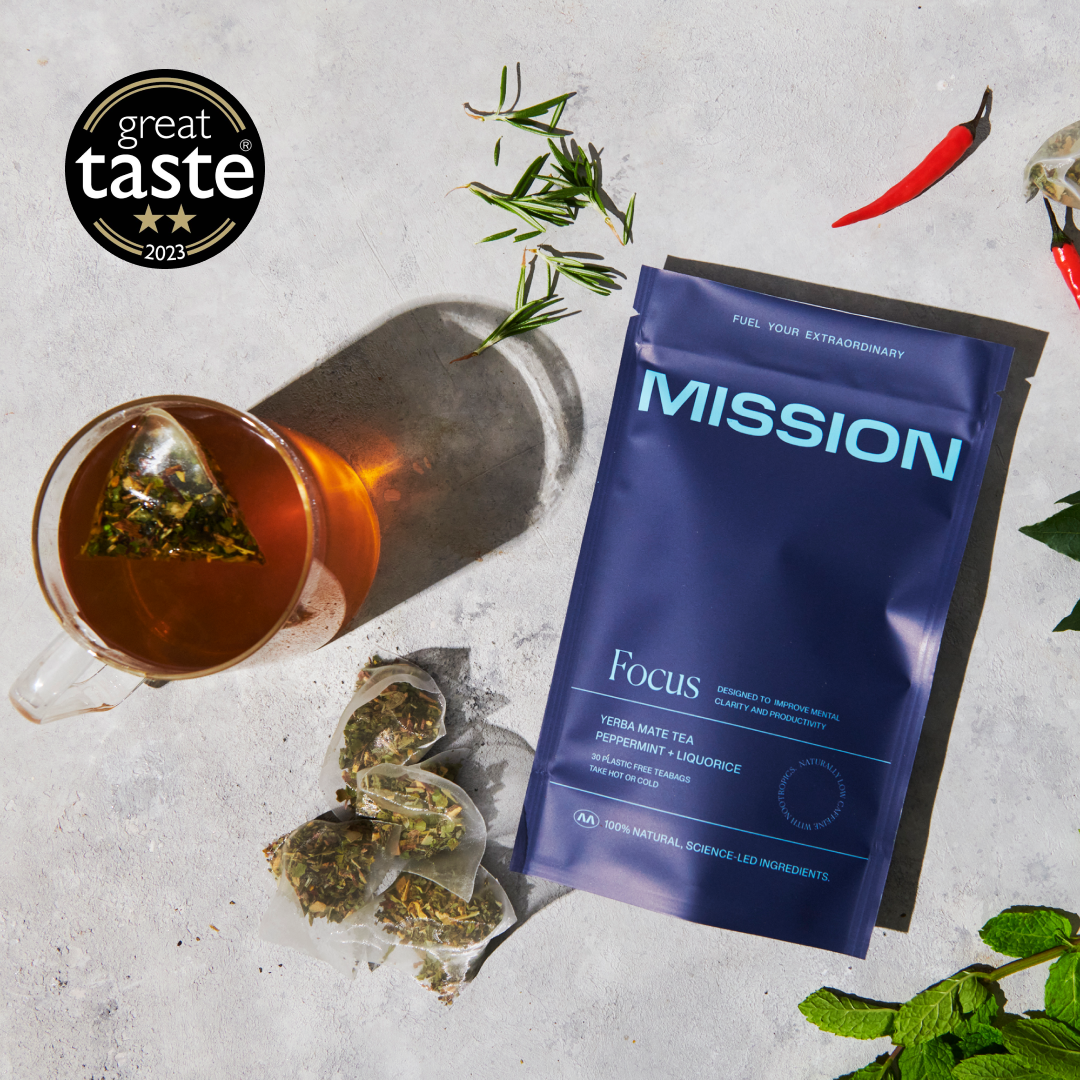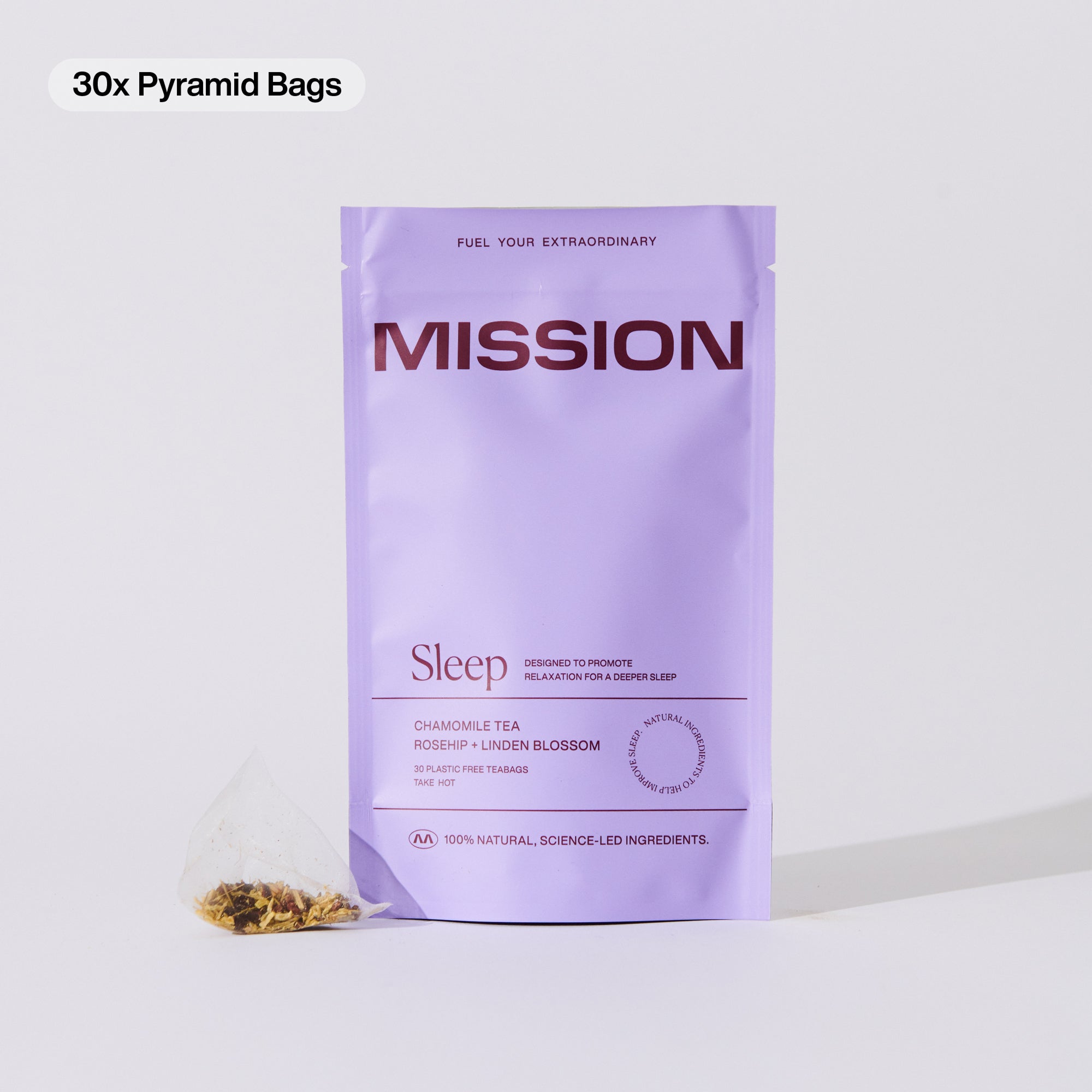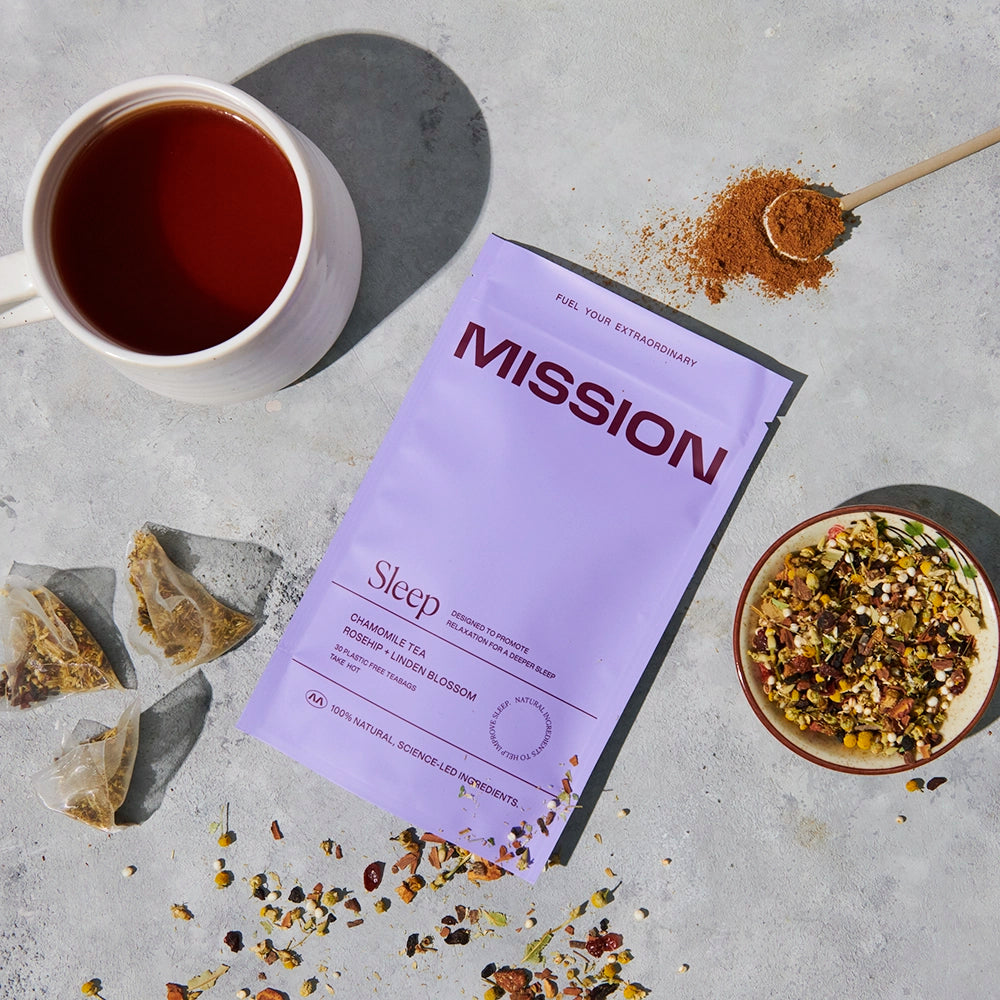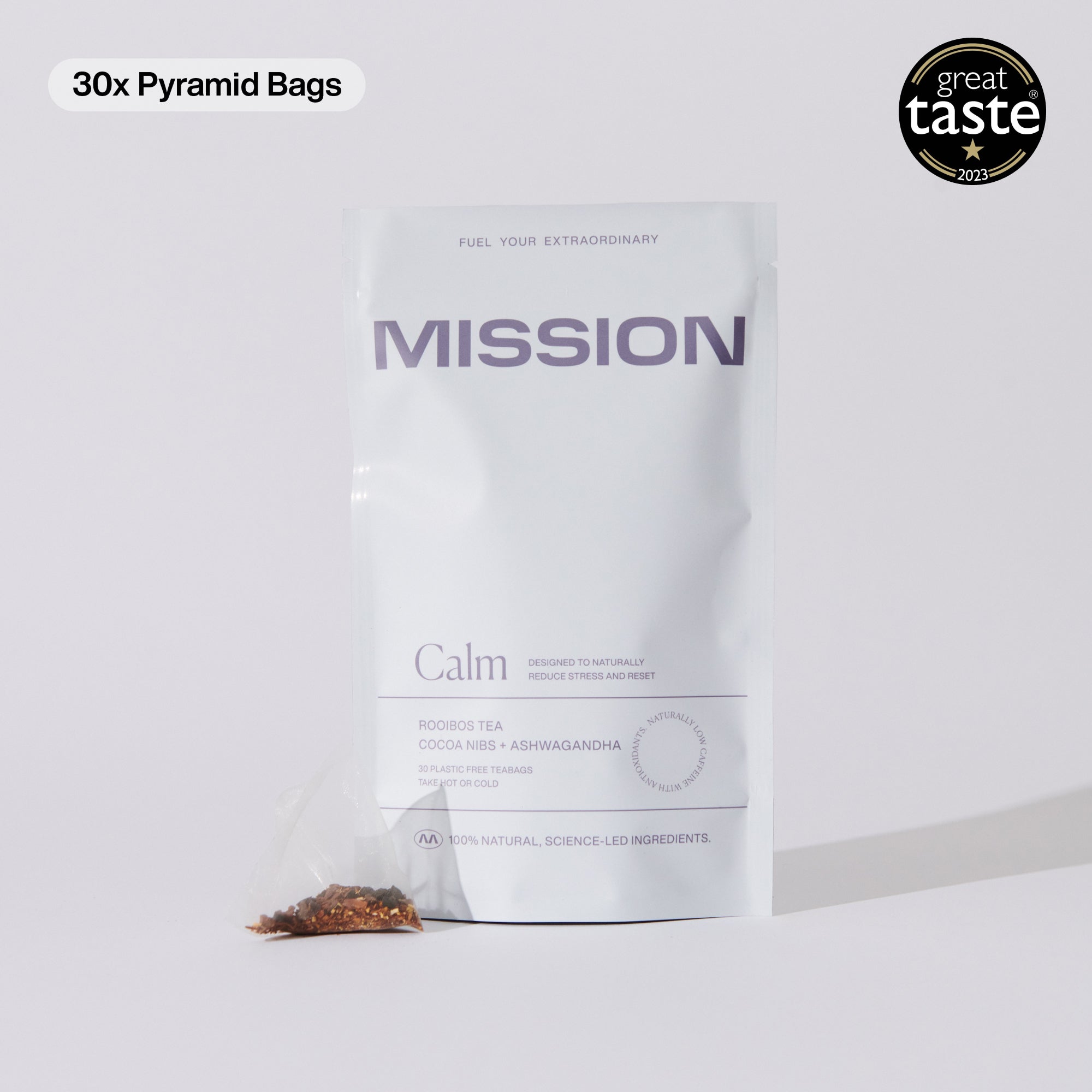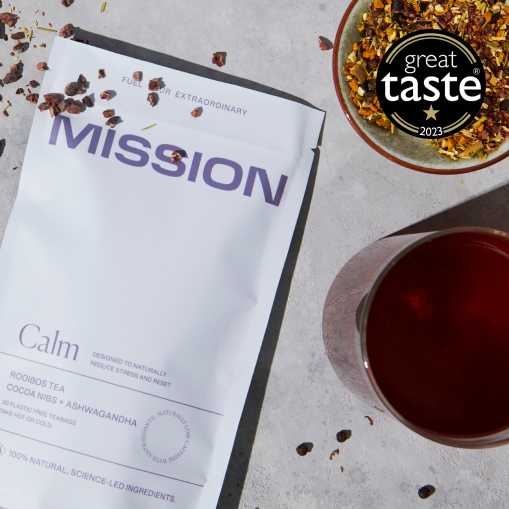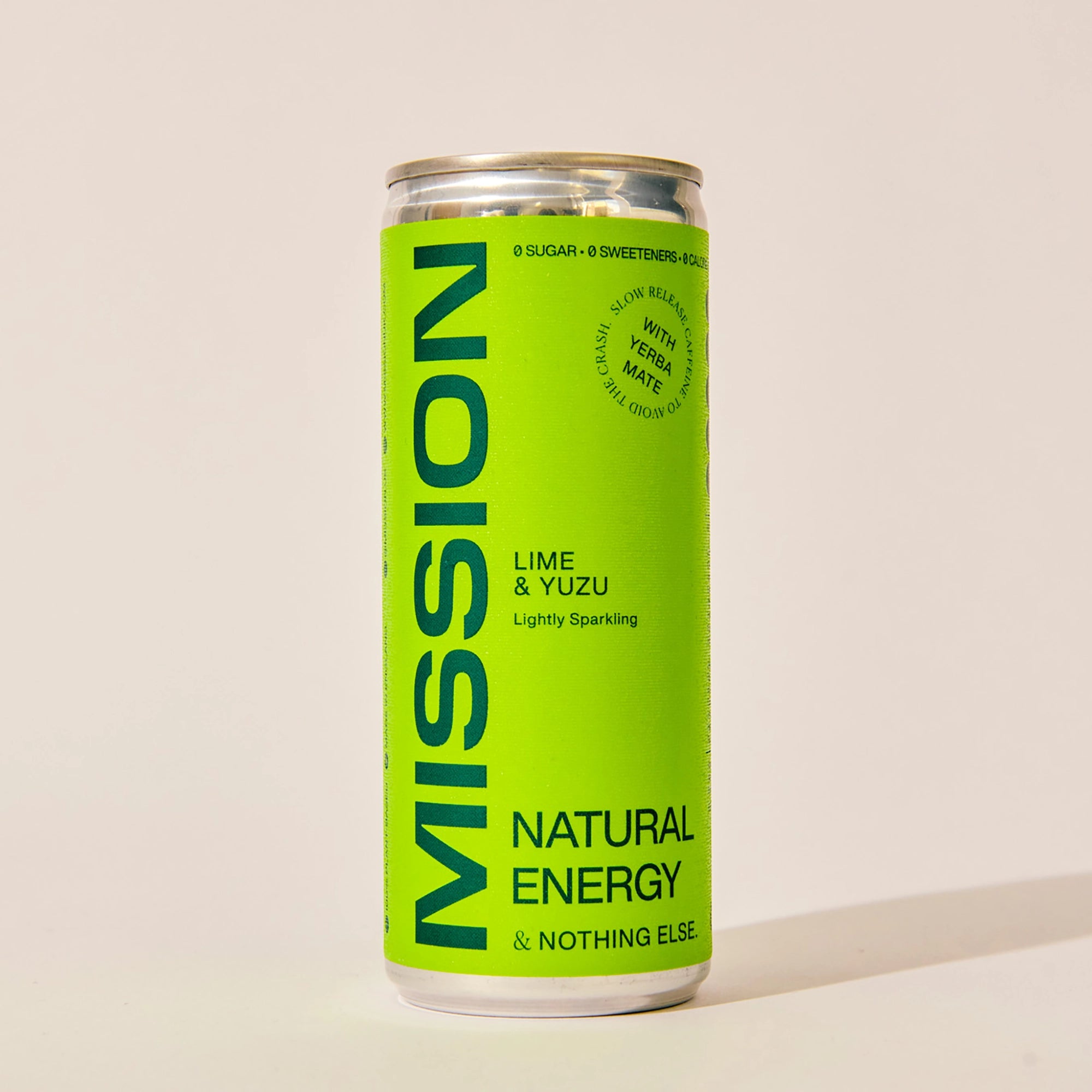What is Ashwagandha and why is it good for you?
Ashwagandha (pronounced ash-wuh-gan-duh) and also known as Indian Ginseng, is a herb that is part of a family of plants called adaptogens. Adaptogens are so-called because they help your body functionally adapt when it is under intense physical or mental stress by improving your resistance to stress, as well as your ability to perform. Ashwagandha has been used for thousands of years in traditional and Ayurvedic medicine throughout India, North Africa, and the Middle East. It has recently become more mainstream because of its proven multiple health benefits. [1]

Here are 5 benefits of ashwagandha that are supported by science.
1. Reduce stress and anxiety
Ashwagandha is best known for its ability to reduce stress. In both animal and human studies, ashwagandha has been shown to reduce stress and anxiety when consumed and also reduce symptoms in those with disorders. [2] A study of 64 people reported a 69% reduction in anxiety and insomnia in those who supplemented with ashwagandha compared with 11% in the placebo group. [3]
2. Improve muscle recovery
As an adaptogen, ashwagandha enhances the internal mechanisms your body uses to help your body adapt to stress i.e speeding up muscle growth and reducing lactic acid. Also studies have shown that ashwagandha supplementation is associated with significant increases in muscle mass and strength in males. [4]
3. Decrease harmful inflammation
In studies, ashwagandha has been shown to increase antioxidant activity which helps to inhibit pro-inflammatory molecules. [5]
4. Reduce blood sugar levels
Limited evidence suggests that ashwagandha reduces blood sugar levels through its effects on insulin secretion and sensitivity. [6]
5. May improve brain function, including memory
Ashwagandha promotes antioxidant activity that protects nerve cells from harmful free radicals. Free radicals are molecules produced when your body breaks down food or when you're exposed to tobacco smoke or radiation. Studies suggest it may mitigate brain function and memory problems caused by injury or disease. [7-8]
Try our Recover blend, specifically designed to soothe muscles, decrease stress and promote calmness. Including rooibos, ashwagandha, tulsi and ginkgo bilboa with a berry flavour.
References
1. MirjaliliMH, Moyano E, Bonfill M, Cusido RM, Palazón J. Steroidal lactones from Withania somnifera, an ancient plant for novel medicine. Molecules. 2009 Jul 3;14(7):2373-93. doi: 10.3390/molecules14072373. PMID: 19633611; PMCID: PMC6255378.
2. Candelario M, Cuellar E, Reyes-Ruiz JM, Darabedian N, Feimeng Z, Miledi R, Russo-Neustadt A, Limon A. Direct evidence for GABAergic activity of Withania somnifera on mammalian ionotropic GABAA and GABAρ receptors. J Ethnopharmacol. 2015 Aug 2;171:264-72. doi: 10.1016/j.jep.2015.05.058. Epub 2015 Jun 9. PMID: 26068424.
3. Chandrasekhar K, Kapoor J, Anishetty S. A prospective, randomized double-blind, placebo-controlled study of safety and efficacy of a high-concentration full-spectrum extract of ashwagandha root in reducing stress and anxiety in adults. Indian J Psychol Med. 2012 Jul;34(3):255-62. doi: 10.4103/0253-7176.106022. PMID: 23439798; PMCID: PMC3573577.
4. Wankhede, S., Langade, D., Joshi, K. et al. Examining the effect of Withania somnifera supplementation on muscle strength and recovery: a randomized controlled trial. J Int Soc Sports Nutr 12, 43 (2015). https://doi.org/10.1186/s12970-015-0104-9
5. Samadi Noshahr Z, Shahraki MR, Ahmadvand H, Nourabadi D, Nakhaei A. Protective effects of Withania somnifera root on inflammatory markers and insulin resistance in fructose-fed rats. Rep Biochem Mol Biol. 2015 Apr;3(2):62-7. PMID: 26989739; PMCID: PMC4757043.
6. Gorelick J, Rosenberg R, Smotrich A, Hanuš L, Bernstein N. Hypoglycemic activity of withanolides and elicitated Withania somnifera. Phytochemistry. 2015 Aug;116:283-289. doi: 10.1016/j.phytochem.2015.02.029. Epub 2015 Mar 18. PMID: 25796090.
7. Kurapati KR, Atluri VS, Samikkannu T, Nair MP. Ashwagandha (Withania somnifera) reverses β-amyloid1-42 induced toxicity in human neuronal cells: implications in HIV-associated neurocognitive disorders (HAND). PLoS One. 2013 Oct 16;8(10):e77624. doi: 10.1371/journal.pone.0077624. PMID: 24147038; PMCID: PMC3797707.
8. Manchanda S, Mishra R, Singh R, Kaur T, Kaur G. Aqueous Leaf Extract of Withania somnifera as a Potential Neuroprotective Agent in Sleep-deprived Rats: a Mechanistic Study. Mol Neurobiol. 2017 May;54(4):3050-3061. doi: 10.1007/s12035-016-9883-5. Epub 2016 Apr 1. PMID: 27037574.





